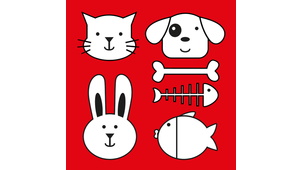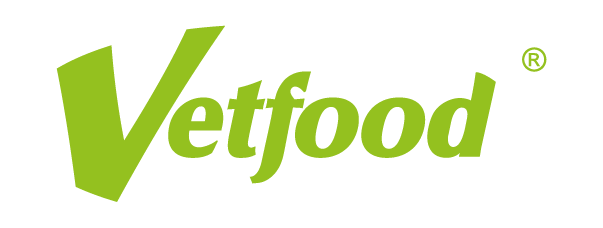
When you got a four-legged friend, you researched the nutritional needs of dogs and talked to
your veterinarian to decide what to feed him. In addition, you already know that in no case
should you give your dog food from your table. But did you know that the needs of pets also
change with age? Your dog’s diet will change with age, but it’s important to understand what
your pet needs from the first months of life to old age. Dogs love to play with their owners and
they need energy to do so. Proper nutrients are essential for proper growth and health of a dog.
A car needs gas (and maintenance) to move, but a dog needs special dog food to move. The
dog’s diet should contain different groups of nutrients: proteins, fats, carbohydrates, vitamins,
minerals and water. Choosing a balanced dry dog food that includes these nutrients will help
your puppy grows and your adult dog stays healthy.
Puppies
The first few weeks after birth, the cubs feed only on mother’s milk. However, if the mother is
sick or the cubs are orphaned, their milk needs to be replaced. Your veterinarian will be able to
advise you on how to choose such a substitute, as well as what to feed newborn puppies who
do not receive milk from their mother, in the future they will begin to switch from mother’s milk
or formula to self-feeding. To begin this process, try briefly separating the puppy from its
mother. While the mother is away, offer her a bowl of dry dog food. Gradually increase the time
during which the puppy is offered such food, encourage, but do not force him to eat.
Junior dogs
Once your puppy is weaned, he will be getting all his nutrients from a special dog food, so be
sure to choose a food that is not only delicious, but also healthy. Junior dogs use a lot of energy,
so they should have enough protein in their diet. This way they will stay energetic and feel
great. In addition, they need to be fed at first three to four times a day, then gradually move on
to double the portons. In dry dog food, you can first add a little water to make the puppy
more pleasant to chew, or ofer canned food.
Adult dogs
Most dogs become adults in their first year of life, so it is important to transition them to adult
dog food at this time. Diets for adult dogs depend on their size and activity level. If you have
questions about the amount of food your pet needs, check with your veterinarian. Do not
overfeed your four-legged friend, dogs need extra nutrition during this period of life. Remember
that a highly active dog and a less active domestic dog require different amounts of food and
nutrients. In addition, a large dog needs more food than a small breed dog. When choosing the
type of food for your dog, remember that there are other factors, such as air temperature, that
also affects his diet. During extreme heat or frost, the pet consumes more energy, which must be replenished with special dry food. Also, if he begins to exercise regularly or, conversely, becomes less active, you should change the amount or type of food your dog eats.
Senior dogs
A dog reaches old age at about eleven years of age, but this age varies depending on the size
and breed of dogs. As a rule, due to the greater load on the body, large dogs move into the
category of seniors earlier than small ones. As a dog grows, its body and nutritional needs
change again. These are metabolic and immunological changes, in connection with which their
diet must also change.
Diet for Dogs with problems
Of course, let’s not forget to mention that in the course of life, our loved ones can get sick or
acquire diseases that require a special diet – therapeutic dog food.
Medicated dog foods are: gastrointestinal, hepatic, renal, obesity, hypoallergenic, sterilized etc.
In our stores you can find special therapeutic dog food from the brand Brit.











